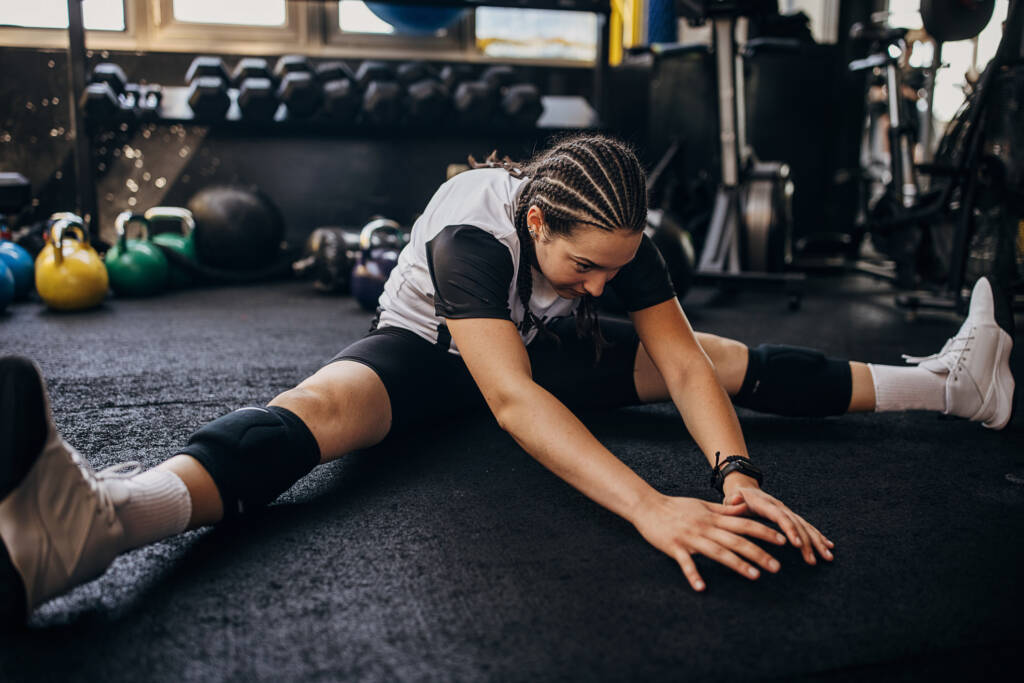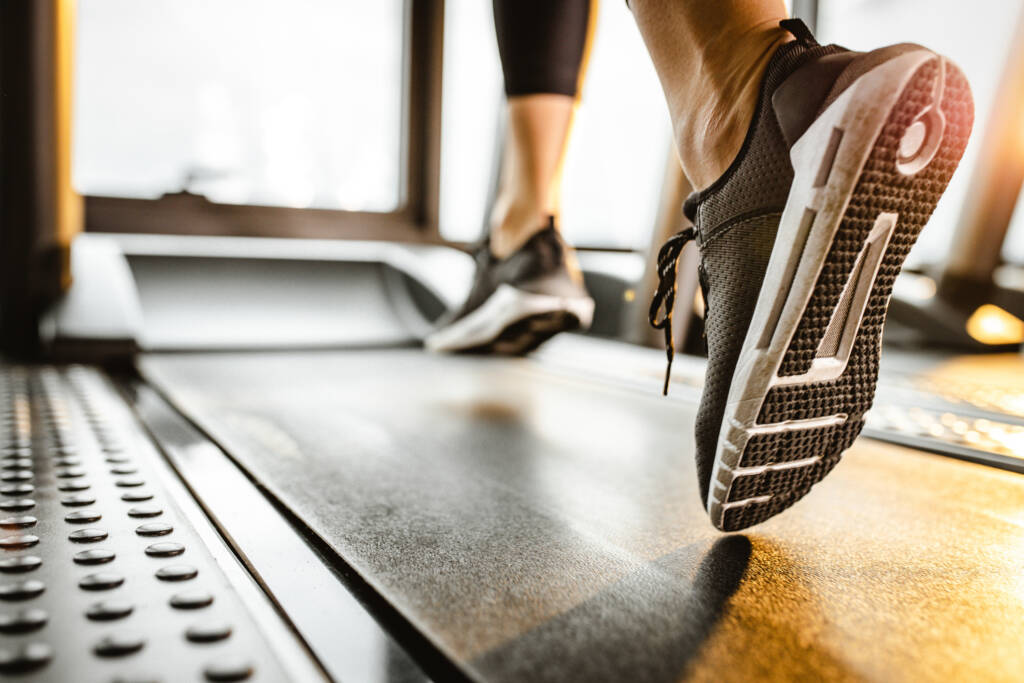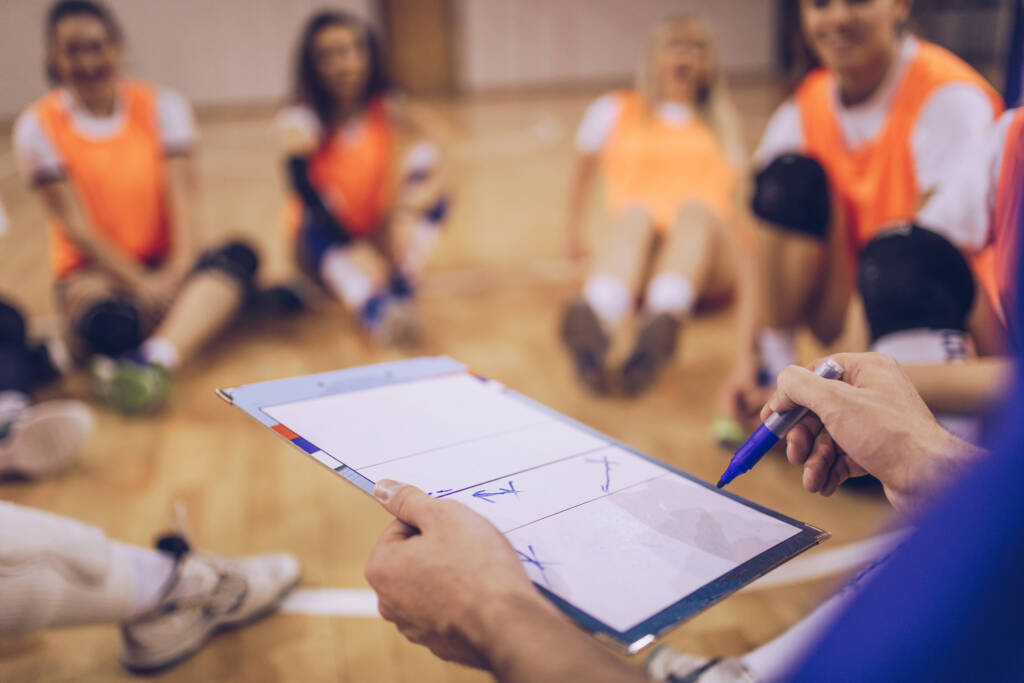
PE Running

This course is appropriate for beginning, intermediate, and advanced runners and offers a variety of training schedules for each. In addition to reviewing the fundamental principles of fitness, students learn about goals and motivation, levels of training, running mechanics, safety and injury prevention, appropriate attire, running in the elements, good nutrition and hydration, and effective cross-training. While this course focuses mainly on running for fun and fitness, it also briefly explores the realm of competitive racing. Students conduct fitness assessments and participate in weekly physical activity.
During this course, you will learn career-related skills and earn a badge for this accomplishment. A badge is a digital certification of your career-related learning that you can share on social media or with higher education platforms, colleges, potential employers, peers, and colleagues. Select this link to learn more about badges.
Major Topics and Concepts
Segment 1:
- Unit 1: Getting Started
- Fitness Assessment & Analysis
- Getting Started
- Training Plan
- Unit 2: Running Mechanics
- Exercise Principle Review
- Running Principles & Technique
- Training Zones
- Unit 3: Safety & Equipment
- Rules & Safety
- Outdoor Elements
- Equipment for Running
- Unit 4: The Running Scene
- Benefits of Running
- Speed Training
- Competitive Running
- Unit 5: Total Wellness
- Diet & Exercise
- Cross Training
Competencies
Getting Started with Running
Students will demonstrate an understanding of running fitness assessments and analysis by explaining the elements of a running fitness assessment, describing running fitness goals, and explaining running training plans.
Running Mechanics
Students will demonstrate an understanding of running mechanics by describing exercise principles, describing running techniques, and explaining training zones.
Safety and Equipment for Running
Students will demonstrate an understanding of safety and equipment for running by explaining rules for running safely, describing running in the elements, and describing equipment for running.
The Running Culture
Students will demonstrate an understanding of the running scene by explaining the benefits of running, describing speed training, and explaining competitive running.
Total Wellness for Running
Students will demonstrate an understanding of total wellness for running by explaining diet and exercise for runners and explaining cross-training benefits.

